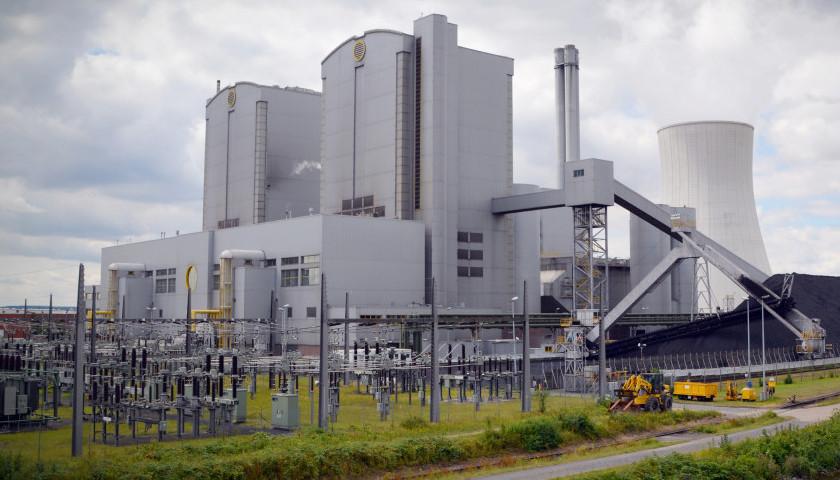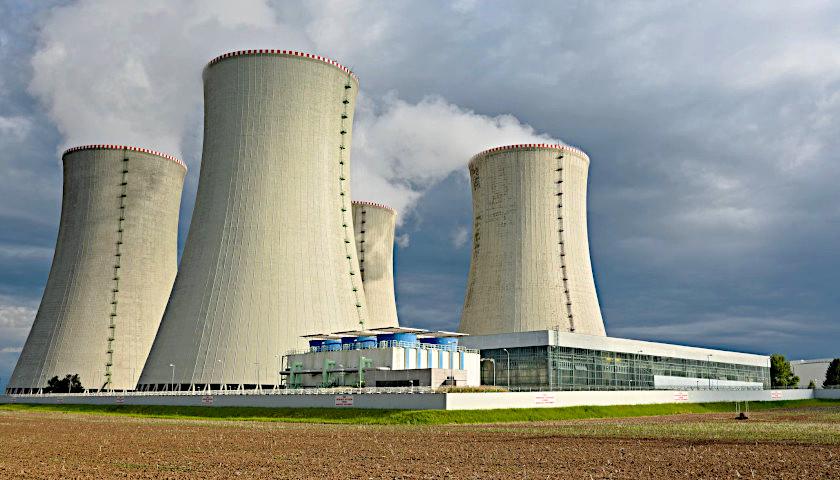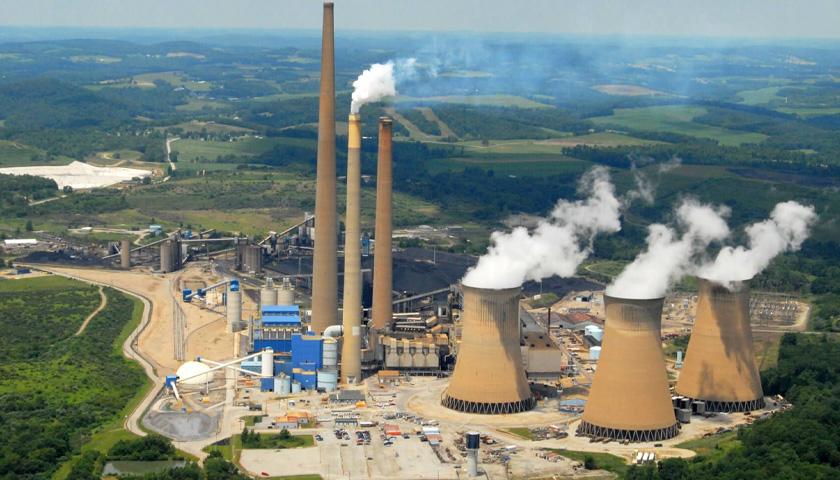For decades, many of us in northeastern Pennsylvania have talked about knocking the rust off our regional economy and creating not only new jobs but also new industries.
Diversifying the economic portfolio of northeastern Pennsylvania means creating an ecosystem for entrepreneurs that helps small businesses prosper in our downtowns through partnerships with the region’s great institutions of higher education – partnerships like the Invent Penn State launchbox at Penn State Hazleton and the Idea Hub at the Wilkes-Barre Innovation Center.
Creating a strong regional economy also means investing in the economic assets – like Pennsylvania natural gas – that enable us to compete for good manufacturing jobs. Affordable, Pennsylvania-produced natural gas is a foundational component of our national economy, fueling America’s manufacturing plants, farms, hospitals, schools, and homes. The Keystone State’s natural gas powers our energy economy and produces thousands of family-sustaining jobs, ranging from the scientist in the laboratory to the union laborer on the pipeline.
Read More








